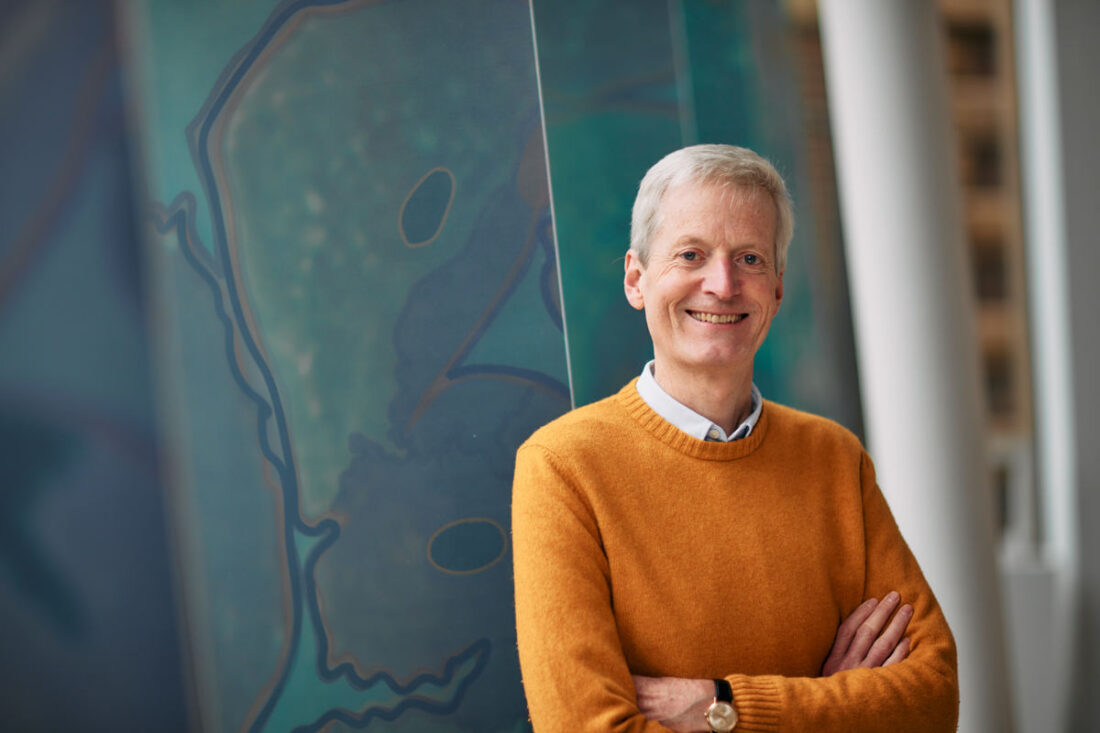
By any measure the Dunn School is one of the UK’s top biomedical research departments, and it’s an honour to be at the helm. The diversity of the work we do here, broadly described as the cell and molecular biology that underlies human disease, is one of our great strengths. You can learn more about the impact and scope of research within this overarching remit by browsing ’Our research’.
Our primary focus is research excellence, with a tradition of both fundamental and translational science, but we are also very proud of our teaching. We provide a major part of the preclinical course for medical students, and with Oxford consistently rated among the top medical schools in the world, that is a serious responsibility.
As Head of Department, my mission is to catalyse great science at the Dunn School. To do this, we aim for an international, collegiate and interactive environment where everyone from graduate students to PIs can draw on the experience and support of others. For example, we have outstanding core facilities open to all, we organise internal research seminars and symposia, and we encourage students and postdocs to organise their own interdisciplinary networks. We also throw excellent parties.
Diversity and equality of opportunity are central to our goals. Although there is always more to do, I am particularly proud of our efforts towards gender equality and a family-friendly working environment, and more recently towards understanding Equality and Diversity needs in their broadest sense. The Dunn School is also spear-heading efforts to reduce the environmental impact of lab research, led by our award-winning Green Group.
Famously, in its almost 100 years, the Dunn School has had a spectacular history. Most prominently, the discovery of penicillin as a therapeutic rates among the top medical discoveries of all time and has saved many millions of lives. It is a wonderful example of translating scientific discoveries into benefits for human health. But we have never rested on our laurels, and we continually look to the future, building facilities and developing world-leading technology. This is essential for us to continue attracting the best young scientists from across the world, and to understand biological principles and develop their potential so that we can have an equally beneficial impact on science and medicine in our next 100 years.
Matthew Freeman
Professor of Pathology and Head of Department
Find out more about research from the Freeman group